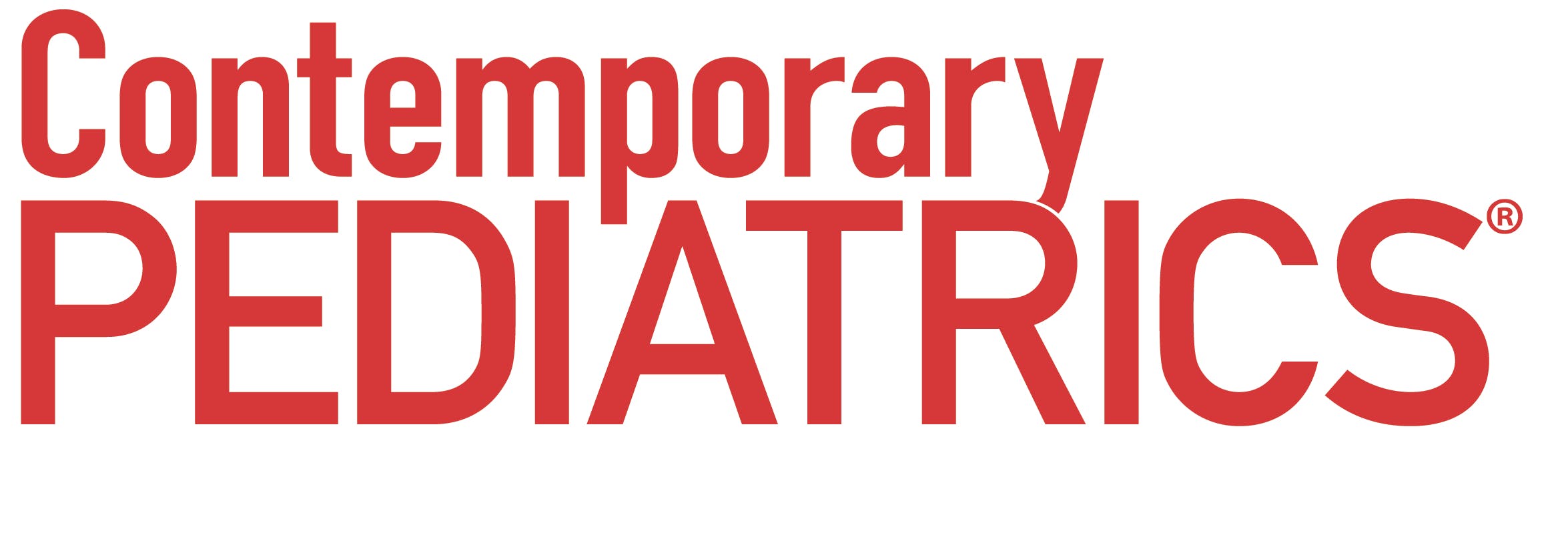Improving the transition from childhood to adulthood for patients with spina bifida
Can health literacy help improve outcomes for pediatric to adult transitions for patients with spina bifida?
With medical advances leading to improved outcomes for the estimated 1600 children born with spina bifida and 75% to 90% of them surviving to adulthood, ensuring an effective transition from pediatric to adult care is important for lifelong health outcomes. Health literacy has been shown to be effective in care transitions for adults, but whether it would work similarly with the pediatric to adult transitions was not as well studied. A new report seeks to answer that question.
Investigators ran a cross-sectional study that collected patient-reported questionnaires between June 2019 and March 2020 at a multidisciplinary spina bifida center. Participants were included if they were aged 12 years or older; had a diagnosis of spina bifida, myelomeningocele and nonmyelomeningocele; and primarily spoke English or Spanish. The Brief Health Literacy Screening Tool was used to assess participants’ health literacy. The primary outcome of the study was total Transition Readiness Assessment Questionnaire (TRAQ) score.
There were data for 200 participants. Many of the patients were younger than 18 years (110 participants [55.0%]); White (136 participants [68.0%]); and had myelomeningocele (125 participants [62.5%]).Overall, the average TRAQ score 3.3. Adequate health literacy was reported by 74 participants, but 60 said that they had only marginal health literacy and 66 state that they had inadequate health literacy. A participants TRAQ score was linked to age, type of spina bifida, level of education, self-administration versus completion of the questionnaires with assistance, ambulatory status, urinary incontinence, and health literacy.Additionally, higher levels of health literacy were tied to higher TRAQ scores, with a fully adjusted model showing that when compared to inadequate health literacy, adequate health literacy was associated with an increase normalized of TRAQ score of 0.49 SD (95% CI, 0.19-0.79).
The investigators concluded that transition readiness is linked to health literacy, which is subsequently tied to higher TRAQ scores. They urge the development of health literacy programs that can help patients prepare for the transition from pediatric to adult care.
Reference
Rague J, Kim S, Hirsch J, et al. Assessment of health literacy and self-reported readiness for transition to adult care among adolescents and young adults with spina bifida. JAMA Netw Open. 2021;4(9):e2127034. doi:10.1001/jamanetworkopen.2021.27034
Having "the talk" with teen patients
June 17th 2022A visit with a pediatric clinician is an ideal time to ensure that a teenager knows the correct information, has the opportunity to make certain contraceptive choices, and instill the knowledge that the pediatric office is a safe place to come for help.
Meet the Board: Vivian P. Hernandez-Trujillo, MD, FAAP, FAAAAI, FACAAI
May 20th 2022Contemporary Pediatrics sat down with one of our newest editorial advisory board members: Vivian P. Hernandez-Trujillo, MD, FAAP, FAAAAI, FACAAI to discuss what led to her career in medicine and what she thinks the future holds for pediatrics.












